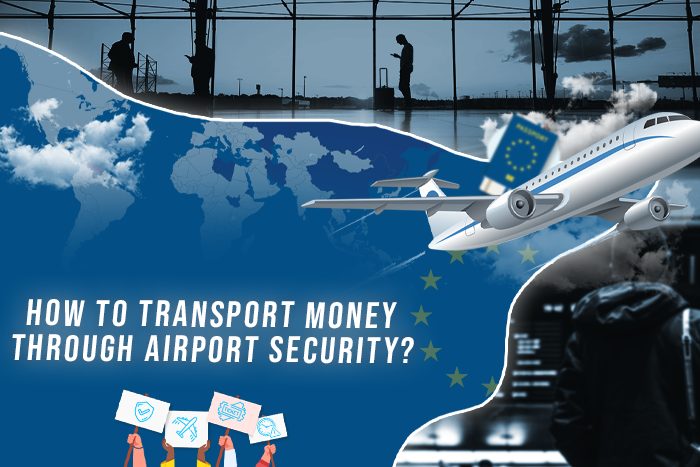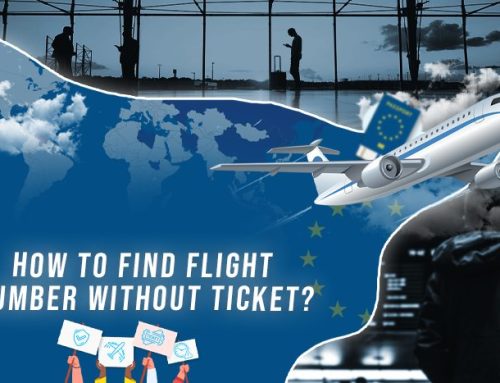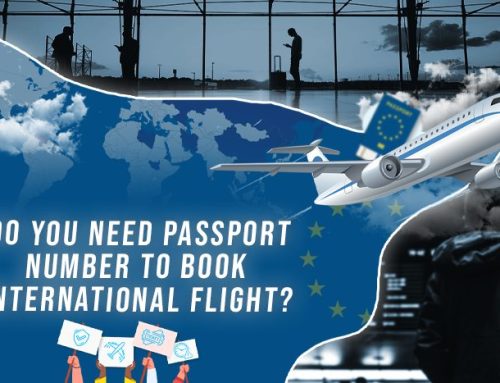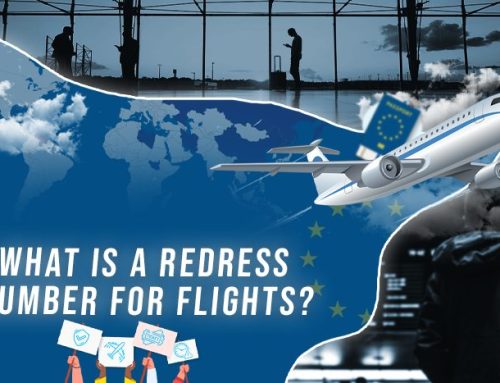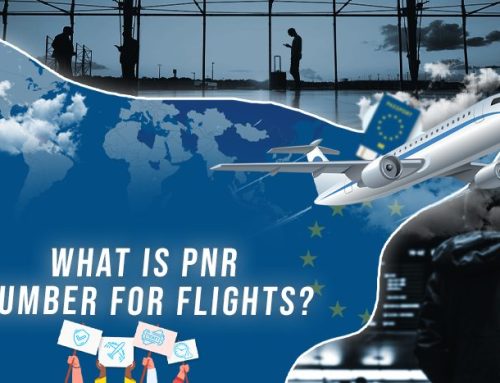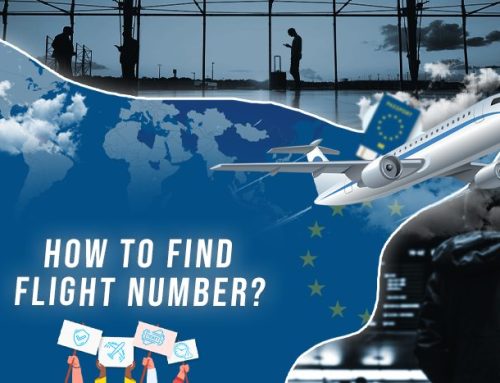All of us who travel domestically or internationally carry some cash on us. In today’s age, when almost everything can be paid for with the help of credit and debit cards, cash has become more or less redundant. However, there are still places where you need to pay in physical notes, such as the corner stores, vending machines, and food trucks. So going completely cashless may not always be an option.
While larger amounts can be laid with the help of cards, many people still have cash on them for various reasons. They might be going to make a purchase in a place where their cards might not work, take part in legal gambling, or even board a flight before getting a chance to deposit the money into your account. All these are reasonable explanations for carrying physical cash on you while travelling. However, many times, cash has landed people in trouble. So how does one determine if the money a person takes will get them flagged? How much money is allowed? What to do when you have cash on an airline? This article will address all these problems regarding transporting some money without handing it over to airport officials.
Key Takeaways
- When traveling with cash, it is important to be aware of the rules and regulations surrounding transporting cash through airport security.
- Different countries have different restrictions on the amount of cash that can be taken in or out, and it is essential to understand these rules to avoid any trouble.
- Keeping cash in a carry-on bag is safer than checking it in, but be prepared for additional questioning from airport security officials.
- Be ready to provide documents or explanations regarding the source of your cash if asked by officials to avoid any issues.
- Finally, it is always a good idea to consider using alternatives to carrying cash, such as traveler’s checks or prepaid travel cards, to avoid any potential problems.
Does Money Get Flagged During Scanning?
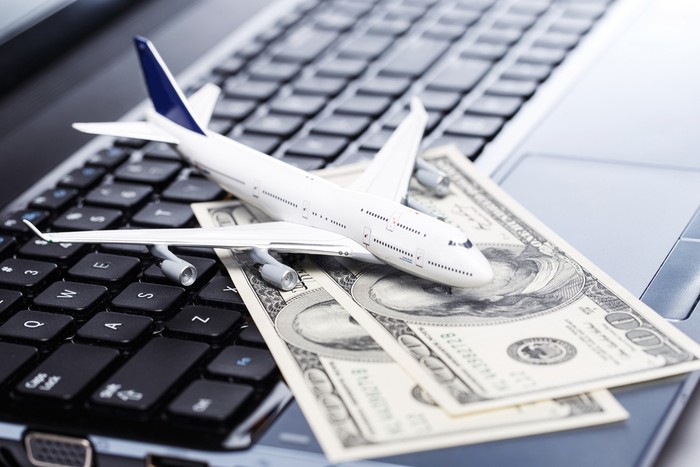
Scanners at airports are operated in a way that they can detect thick wads of cash. This money is counted to determine how much it is, and the person carrying it might be questioned. When travelling domestically, most countries allow up to $10000 in cash to be taken.
If you arrive from or travel to another EU Member State, there are no restrictions. If coming directly from or traveling to a country outside the EU: amounts exceeding $10000 must be declared. Rules regarding carrying cash also differ from country to country. For instance, Switzerland all allows travellers to import and export any amount of currency.
It is safer to have this cash with you in your handbag or carry-on rather than luggage as the checked baggage passes through the hands of too many people, and if the money is lost or stolen, there is no way to know who took it.
If you have cash in your carry-on, the most important thing is always to keep it in your sight. If you are being taken for a pat-down or security check, request the officials to let you keep the carry-on as you wouldn’t want it out of your sight. However, this might alert the officials to the money on you, and you might be facing additional questioning. The airport security officials are trained to inquire about the means of cash flow and how or why you have the amount on you. Since cash payments are often associated with drug dealings, it makes security agents suspicious. They will ask about your profession and why you did not deposit it in a bank.
If you are able to justify the sources, you are often good to go. However, the process is not as simple with more significant amounts. If there is any hesitation or indications in your general demeanour that the cash with you might not truly have originated from the means you said, the airport security officials will hand you over to the federal agents or drug laws enforcement personnel. They will then interrogate you, the luggage will often be subjected to extensive screening, and drug smelling dogs will also sometimes be brought out to ensure you were not engaged in any illicit activity.
According to various studies, over seventy percent of the cash circulating in a country at any moment has come in contact with drugs. This means the dogs will actually smell the drugs on the cash even if you were not engaged in any form of the drug trade. Airport security officials get to keep most of the items and cash confiscated at customs. This is an additional incentive for them to flag your cash. In fact, many times, airport personnel seize the wad of cash and let the people go.
Conclusion
Carrying up to $10000 in cash is often not a problem unless you come across some overly-stern officers. Even then, it is always a better idea to reach the airport early to allow some time in case you are selected for additional questioning or search. If your money is confiscated, you reserve a right to appeal the decision later in court. However, many people think that’s not a reasonable option as the lawyer’s fee alone might be more than the money you get back, if you get any back, that is. It is advisable to either deposit money into your bank before reaching the airport, opt for a cheque instead of cash, or have proper documents detailing the money trail to avoid being flagged or arrested.
Frequently Asked Questions
-
Is it illegal to carry cash through airport security?
It is not illegal to carry cash through airport security, but different countries have different rules and regulations regarding the amount that can be taken in or out.
-
How much cash can I take on a flight?
Most countries allow up to $10000 in cash to be taken when traveling domestically. If coming directly from or traveling to a country outside the EU, amounts exceeding $10000 must be declared.
-
Should I carry cash in my carry-on or checked baggage?
It is safer to carry cash in your carry-on as checked baggage passes through many hands and is more susceptible to theft or loss.
-
What happens if airport security officials find cash on me?
Security officials may question you about the source of your cash, and you may be subjected to additional screening or search. It is important to have proper documentation or explanations for the money to avoid any issues.
-
Can I appeal if my cash is confiscated by airport security?
Yes, you can appeal the decision later in court, but the cost of legal representation may be higher than the money you get back.
-
What are some alternatives to carrying cash through airport security?
Some alternatives include traveler’s checks, prepaid travel cards, or depositing the money into a bank account before traveling.
